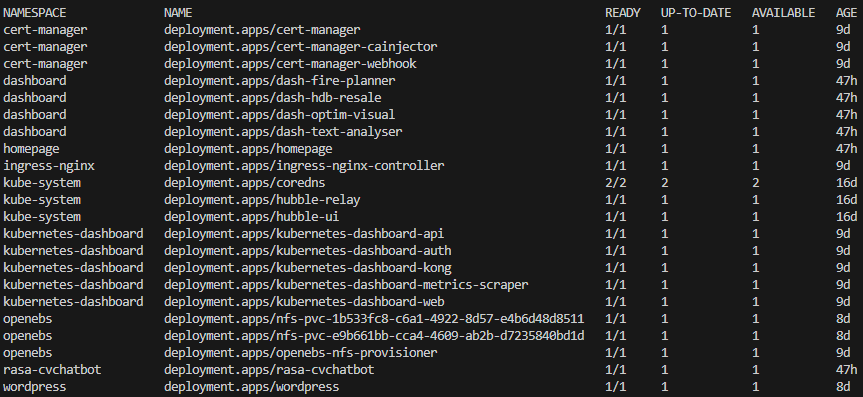I have always been told that using Kubernetes is too complex and overkill for most purposes.
That has put me off for years, before I finally decided to take the plunge into the Kubernetes world 2 months back, embarking on a mission to migrate my entire personal stack onto Kubernetes.
The tip-over point for me arrives when it becomes increasingly hard to manage the 4 virtual machines, 7 applications, and 10+ containers. The manual management of infrastructure and resources took up all my free time, without leaving much time for doing actual developments.
Heeding the warnings of others, I approached Kubernetes cautiously, spending the first month reading a book on the basics (Kubernetes in Action by Marko Luksa).
By the end of the first month, I thought I was ready, as I had experience with container technology and all my applications were dockerised. So I spun up my first-ever Kubernetes cluster (managed service obviously) to begin my migration.
I ended up spending another 2 weeks fighting with helm and helmfile (as I swore to work off manifests only, without relying on command lining everything).
And another 2 weeks to get my web services accessible from the outside (e.g. load balancer, TLS – why are some Kubernetes settings done via annotations?).
May be I was initially too optimistic, but at least now I finally managed to get my key services to run smoothly on Kubernetes.
So what is my take on Kubernetes for now?
The complexity seems to be manageable, as long as you have some knowledge of system admin and container technology. Without that knowledge though, I can see how hard it will be to debug any deployment that goes wrong, trying to dig through layers upon layers of abstraction provided by Kubernetes.
In terms of cloud computing costs, it was almost exactly the same pre and post-Kubernetes migration despite using a managed Kubernetes service.
Hopefully, this will not become my famous last words down the road.

